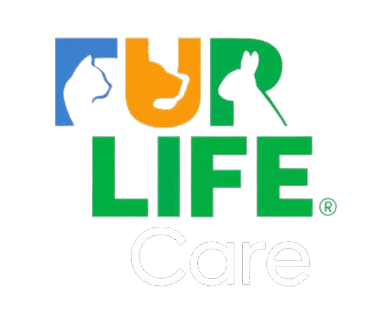“Effective Methods and Precautions Every Pet Owner Should Know”

What to Do If Your Cat Gets Sprayed by a Skunk
If your cat spends time outdoors, there’s always the risk of an unfortunate run-in with wildlife—including skunks. While it’s more common to hear about dogs getting sprayed, cats can also be targets of a skunk’s smelly defense mechanism.
Knowing how to react quickly and effectively can save you (and your cat) from days of lingering odor—and possibly even a trip to the vet.
What Is Skunk Spray and Why Does It Smell So Bad?
Skunks are native to the Americas and are known for their unique ability to spray a foul-smelling liquid from their anal glands when threatened. This yellow, oily substance contains thiols, sulfur-based compounds responsible for the signature “rotten egg” smell.
Skunks can spray with surprising accuracy—up to 15 feet! If your cat is curious or accidentally startles a skunk, it could end up covered in this powerful odor.
Signs Your Cat Has Been Sprayed by a Skunk
If your cat has a strong, musky odor, chances are they’ve had a skunk encounter. But beyond the smell, skunk spray can cause physical symptoms, especially if it gets into your cat’s eyes, nose, or mouth.
Common symptoms include:
- Red, irritated eyes
- Sneezing or coughing
- Drooling or vomiting
- Nausea
- Eye discharge or pawing at the face
In rare cases, skunk spray can cause serious health issues like acute anemia, especially if your cat is exposed to a large amount or has underlying health conditions.
🩺 If your cat shows any of these symptoms, contact your veterinarian immediately.
Also, remember that skunks can carry diseases like rabies, so if your cat had physical contact, it’s important to ensure their vaccines are current and consult your vet.
How to Safely Remove Skunk Smell from Your Cat
Once you’ve ruled out any health concerns, the next challenge is getting rid of that lingering skunk odor. The old tomato juice remedy doesn’t work well—and it’s messy. Instead, try this vet-recommended DIY skunk odor removal solution:
DIY Skunk Odor Removal Recipe:
- 1 quart of 3% hydrogen peroxide
- ¼ cup of baking soda
- 1–2 teaspoons of liquid dish soap (like Dawn)
Instructions:
- Wear rubber gloves and work the solution into your cat’s fur (avoid the eyes, mouth, and nose).
- Let it sit for about 5 minutes, then rinse thoroughly with warm water.
- Do not leave the mixture on too long—it can bleach your cat’s fur.
- Discard the leftover mixture safely (it can become unstable if stored).
If your cat only got sprayed in one spot, you can do a targeted sponge bath with the same solution. Use a damp cloth to apply and rinse the area.
You may need to repeat the process if the odor persists.
What to Do If the Smell Gets on You
If you get skunk spray on your skin or clothes while cleaning your cat, wash affected clothing in regular laundry detergent with ½ cup of baking soda to help neutralize the odor.
How to Keep Skunks Out of Your Yard
Prevention is key when it comes to avoiding future skunk encounters. Here are a few simple tips to skunk-proof your yard:
- Securely close outdoor garbage bins
- Bring in pet food and water bowls at night
- Use chicken wire or bricks to block off spaces under porches, decks, or sheds—common den spots for skunks
- Keep your yard free of leftover food or compost that may attract wildlife
Making your yard less appealing to skunks can go a long way in protecting your pets from another unpleasant encounter.
Final Thoughts: Skunk Encounters Don’t Have to Stink Forever
Getting sprayed by a skunk is no fun—for you or your cat. But with quick action and the right odor-removal steps, you can get your cat cleaned up and back to normal in no time. Always monitor for any signs of illness or distress, and contact your vet if you’re unsure how much exposure your cat had.
And if you live in a skunk-prone area? Keeping an emergency skunk spray kit on hand (eye wash, hydrogen peroxide, baking soda, and gloves) is a smart move for any pet parent.
